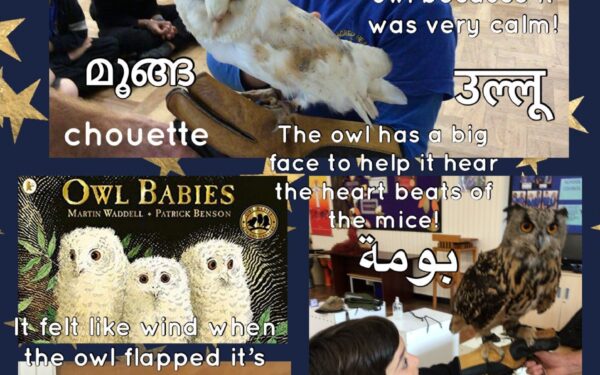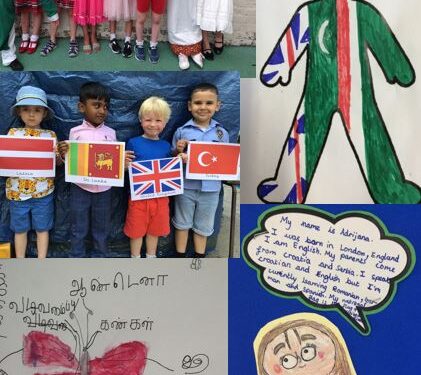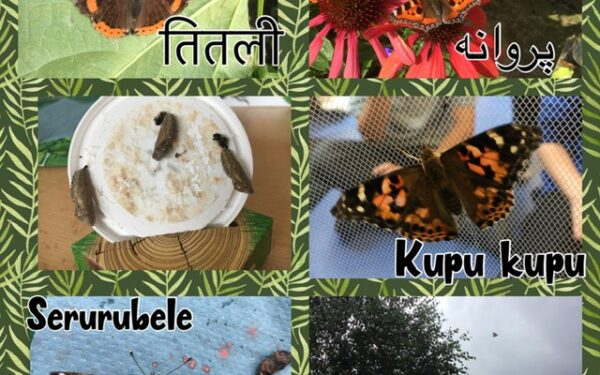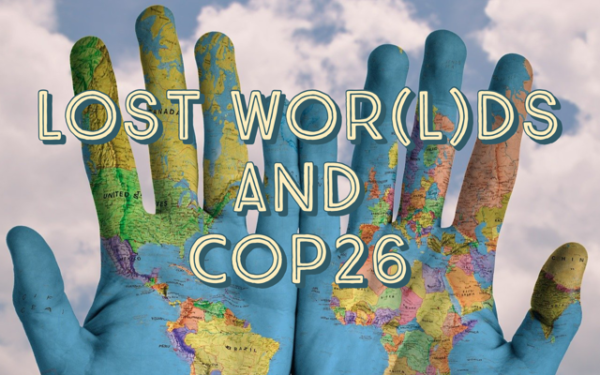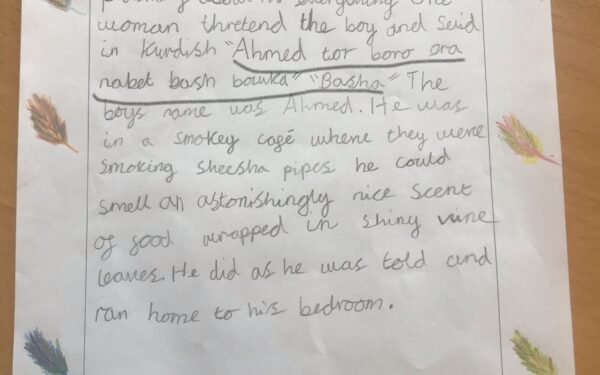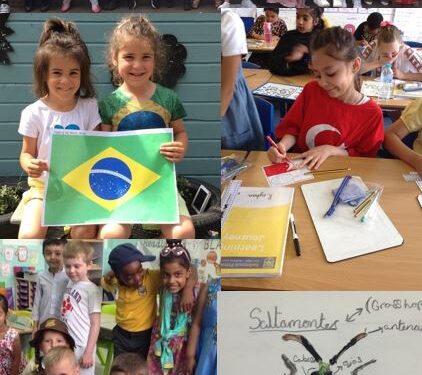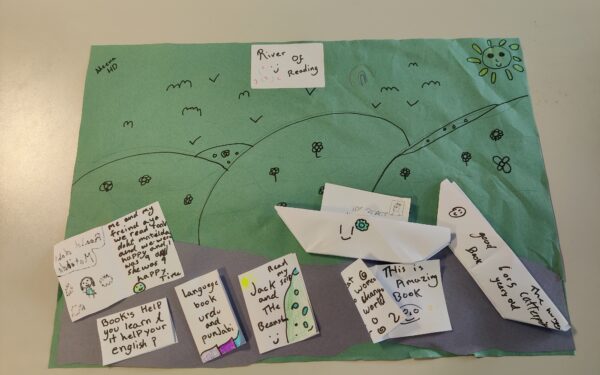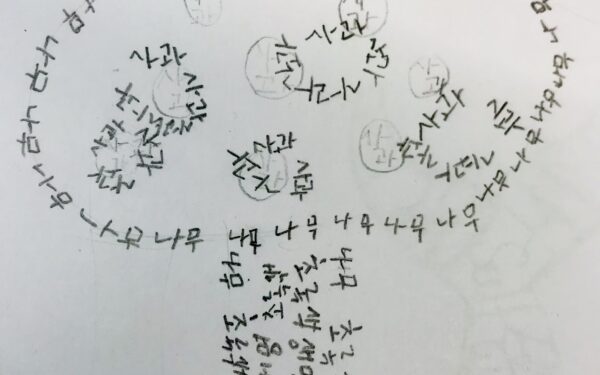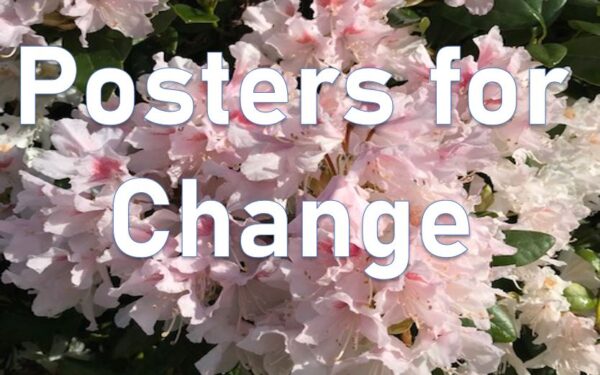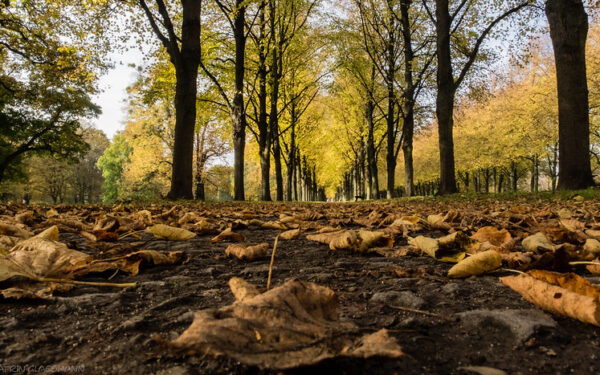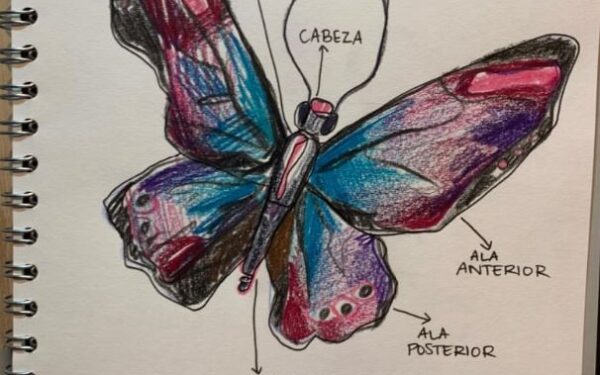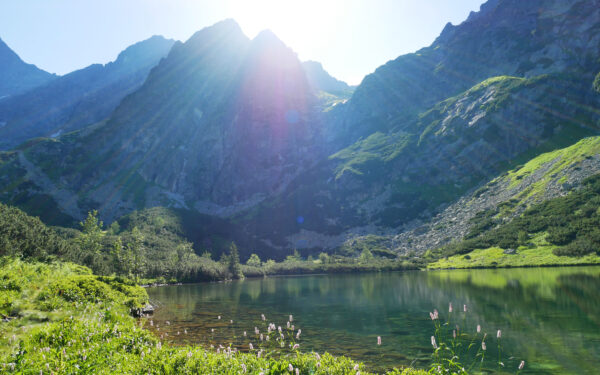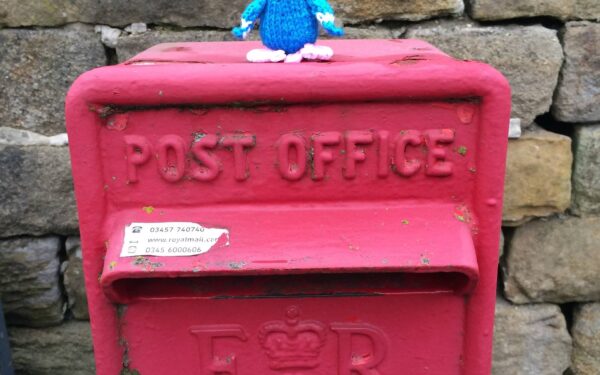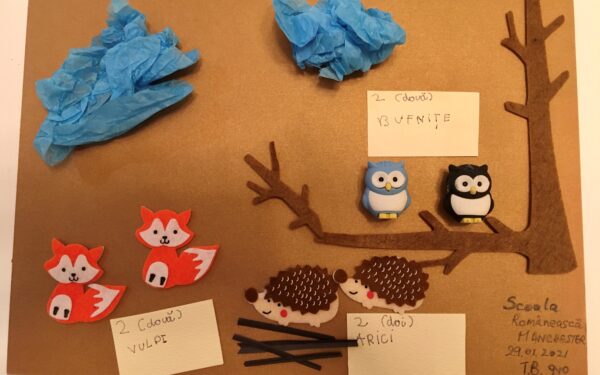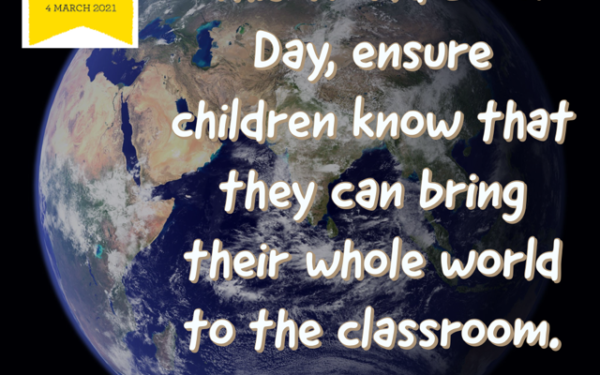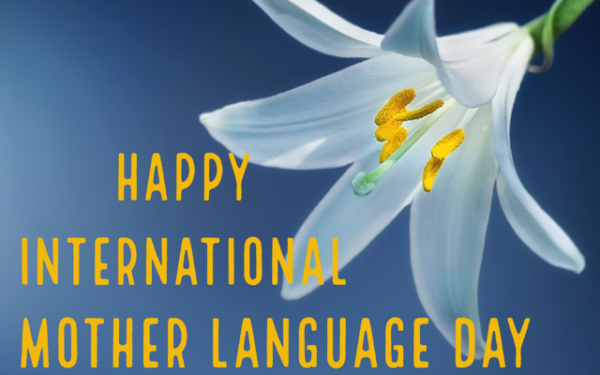When the wonderful Miss Morrisroe shared with us that her Year 1 class was planning on using our Minibeast Speech Song activity and adapt it to an “Owl Rap”, we asked whether we could come and film them, and were very grateful when this was possible. Ryan Bramley, a lecturer in the School of Education […]
Read MoreA year (or thereabouts) in the life of Lost Wor(l)ds
Well, what a year we have had! We have been taking stock after the website’s first year of operation and collating the feedback we have received, so we wanted to share with you some of our insights. From the site launch in January 2021 to the end of February 2022, there were over 2,800 downloads […]
Read MoreTeachers’ strategies for teaching multilingual pupils – Andrea Morrisroe
This summer I undertook a dissertation as part of a Master’s in Education, specialising in Early Childhood Education. As an Early Years class teacher in primary education for many years, I have always had an interest in language acquisition. This interest developed further as increasing numbers of children were starting school with little or no English. Over time my school developed a policy towards EAL which ensured that effective strategies for supporting pupils with EAL were embedded and the use of home language was encouraged and celebrated.
Read MoreLost Wor(l)ds and COP26
From October 31st to November 12th, the 26th United Nations Climate Change Conference is taking place in Glasgow. To celebrate COP26, we have put together a “Calendar of Events”: for each day of COP26, we are focusing on one specific activity. Some are aimed simply at valuing and appreciating nature, while others are more directly linked to activism and driving change at local level.
Read More100 Feathers and multilingual stories – Minshan Zhang
I wanted to research what happened when a space was provided to the students for their use of home language or other language resources that they have, in particular, I am interested in the language use in story writing activity. In order to explore the affordances of multilingual story writing activity, I came up with two research questions: what themes do children identify in their stories? To what extent do students apply their full linguistic repertoire in the multilingual story writing activity? To address those questions, stories written by pupils at primary schools in Sheffield were collected and analysed.
Read MoreSellincourt Primary “Feature School”
Sellincourt Primary School is located in London and its student population reflects the incredible diversity without our capital city. We know that acknowledging and incorporating pupils’ home languages into their formal learning has positive effects not just on language development and learning in general, but also on important aspects of well-being such as integration and belonging. We were delighted to see how Sellincourt Primary utilised Lost Wor(l)ds activities to celebrate the diversity amongst their pupils. The X form entry school dedicated an entire day in June, to celebrating the connection between language, cultural identity and nature with ‘International Languages Day’.
Read MoreGladstone Primary ‘Feature’ School
‘Rivers of Reading’ aims to explore children’s reading of books, magazines and words in whatever form they are produced and connect the places and people they learn and read with. The different places in which children read can include home, school, a place of worship or even round at a friend’s or neighbour’s house! The […]
Read MoreBerlin Metropolitan ‘Feature’ School
This week we welcome the Berlin Metropolitan School to the blog. We have no doubt you’ve already guessed . . . but this school is not based in the UK, instead it’s located in what is arguably Germany’s cultural capital – the city of Berlin. With a student population of 1000+ pupils hailing from 78 […]
Read MoreBeat the Street
This week is the launch of ‘Beat the Street’ in Rotherham, a giant game played in real time in the roads, parks and green spaces surrounding throughout the town. Walk, run, cycle, scoot or skip between Beat Boxes, tap in and collect points, whilst exploring every nook and cranny of your local area. ‘Lost Wor(l)ds’ […]
Read MoreIn search of…language portraits in schools
In today’s blog post, Kexin, one of 11 Masters students undertaking research around the Lost Wor(l)ds project, introduces the Language Portrait Activity and explains why she is hoping to work with a primary school that has used the Language Portrait Activity. If you can help Kexin by facilitating her research (which would mean running the activity in your school and facilitating access to online interviews with children, which can take place outside school hours), please get in touch at lostworlds@sheffield.ac.uk.
Read MoreShinrin-yoku – the art of forest bathing for mental health
If you go out in the woods today, you’re in for…an opportunity to recharge your mental batteries, to find some peace (yes, probably even if you do go with kids). And in Japanese, there is a word for it – shinrin-yoku (森林浴), literally “forest bath”, the concept of consciously emerging yourself in the woods (some of us might have to turn to parks rather than forests, but that’s okay). This blog posts suggests a way to support children through a mindful visit to the woods.
Read More‘Go Green’ on Earth Day 2021
Today we are celebrating Earth Day and joining the 2021 global call to take action on climate change and protect our planet. Environmentalism, sustainability and protecting nature are at the heart of the ‘Lost Wor(l)ds’ project. We would like to share how our activities can help your school or class celebrate Earth Day and contribute […]
Read MoreLost Wor(l)ds and Secondary School
Today in the International Day of Multilingualism – the perfect day to address a question we have been hearing a lot from teachers: is Lost Wor(l)ds just for primary? Are there ways to integrate multilingualism into secondary school? The answer to the first question is a resounding “no”, and the answer to the second question is a resounding “yes”!! This blog post gives some ideas on how to adapt Lost Wor(l)ds activities for secondary school.
Read MoreWor(l)d Views: Malgorzata Blicharska
Our second Wor(l)d Views interview introduces the work and languages of Malgorzata Blicharska, who was born in Poland and works as a senior lecturer in Natural Resources and Sustainable Development at Uppsala University in Sweden.
Read MoreLetters for Change
We’ve just launched ‘Letters for Change’ and wanted to take the opportunity to reflect on why the connection between language, place and environmental challenges are so important right now. ‘Lost Wor(l)ds’ is about connecting language to nature, which also includes protecting the natural world. Greta Thunberg inspired children and governments across the world with her […]
Read More‘Schools of Sanctuary’
So what is a ‘School of Sanctuary’ and how does a school receive this recognition? ‘Schools of Sanctuary’ welcome and actively support refugees and asylum seekers within their local community, including families with children registered as pupils. You might question why this needed, when primary schools already provide a safe and caring environment, in which […]
Read MoreCovid-19 from a complementary school’s perspective
Over the past weeks and months, media has been full of concerns regarding learning, set-ups in schools, home-education, etc. But what has lockdown been like for complementary schools? With schools returning to classroom teaching this week, Alina Badescu, from the Romanian School in Manchester, gives us insights into the impact of the pandemic on learning and teaching at her school.
Read MorePutting the World into World Book Day
Concrete ideas on how to make multilingual reading visible in school – this World Book Day and beyond. Includes downloadable award certificate for multilingual readers.
Read MoreHappy International Mother Language Day
This International Mother Day, we asked on social media what it meant for parents to pass their language on to their children, and for children to be multilingual.
Read MoreWhat does a River have to do with Reading?
This blog post accompanies our new Rivers of Reading activity, talking about the research behind it.
Read More